By: Sharon Sanghera and Maham Ali
A peer-to-peer conversation about career-ready skills
Get career ready by learning from your peers.
Sharon Sanghera (interviewer) is a third-year Social Sciences student who works as a career peer at the Student Success Centre. Maham Ali (interviewee) is a second-year Social Sciences student who is currently job searching.
Note: The following text content is not a complete interview transcript. Some edits and cuts have been made for readability and clarity.
Which career-ready skills have you developed the most through your academic work at McMaster? Could you provide examples of how you have been developing them?
Two skills that I developed [at university] would be digital technology and written communication. I just took a [Geographic Information Science] class where we used ArcGIS Pro. It was an experiential learning class, so whatever we were taught in the class was basically what we were going to be learning on the job. And so having that applied direct knowledge of the technology we would be using on the job was really nice.
Another skill that I learned was written communication. In my first-year history class at U of T, since I’m a transfer student, it was a class where we developed our writing rather than learning about history. So it strengthened our essay writing skills and written communication.
Students often feel their experiences need to be directly related to a career to have value. But employers value skills that can be developed from a range of experiences. Can you share an example of an experience that wasn’t related to a career but helped you develop a career-ready skill?
For a while, I’ve been a tutor, even though I don’t really have the aspiration to be a teacher or educator. I believe that it has [helped me develop] a bunch of the career-ready skills, one of them being critical thinking. [Being a tutor] has allowed me to really see what skills I can develop in the children that I’m teaching, and see how I can improve them and make sure they get the best grades and they’re confident in themselves as well.
Teamwork would be another skill that I developed. I have to work with the parents and teachers to make sure I’m giving [the students] adequate help, and making sure that everything is running smoothly and making sure that I’m communicating well with them.
Since the COVID-19 pandemic, which of these career-ready skills have you been forced to develop or use more?
Digital technology would be a skill that I developed, as I never really did online calls [before the pandemic]. There were no online classes before, we didn’t have anything of that sort, so getting used to that kind of technology [was important]. Realizing that everything would be online was a big learning curve, and helping to overcome that was something that I needed to [do].
Career management is considered a career-ready skill. Can you share examples of what you were doing or have done to develop your career management skills?
So, for the recent internship I got, I used resume critiquing and cover letter critiquing in order to perfect my resume and cover letter to get the internship. Also, building my portfolio, as it is a design internship, so making sure I had the appropriate pieces and pieces that I believed reflected the best of my work. Also, working on building relationships with employers [is important].
Cultural fluency is one of the career-ready skills. Can you share how your time at McMaster is helping you develop this skill?
Since I am a transfer student, it has been kind of like a culture shock in a way coming to Mac from a different school. [This included] having to learn about the culture of Mac and seeing how things work, making new friends and building new relationships in my new environment.
What tips or advice might you give to a fellow student to help them build career-ready skills?
I would say to take advantage of every resource the school offers, like the Student Success Centre. Go to networking events and network with future employers [and] your profs — your professors are there for you and they really just want the best for you. Talk to your peers — if you have that relationship, down the line, you may end up working together one day. So it’s nice to have that relationship built.
Check out all the Career-Ready Conversations
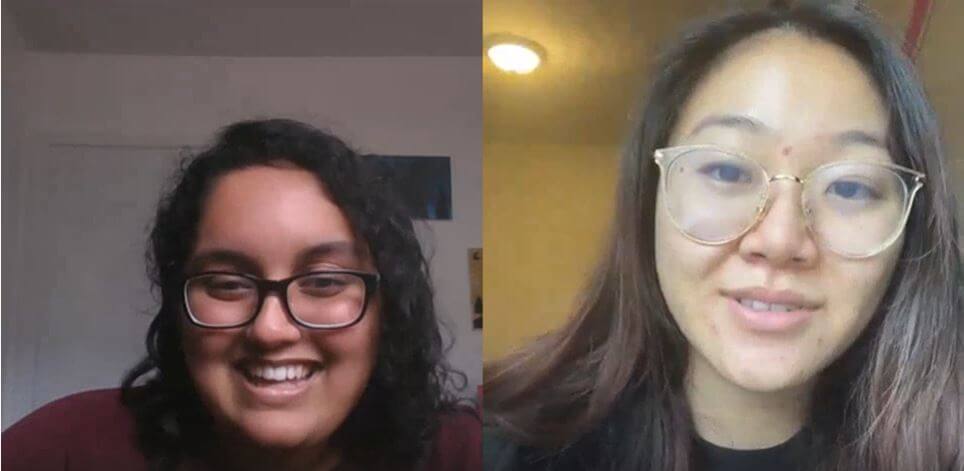
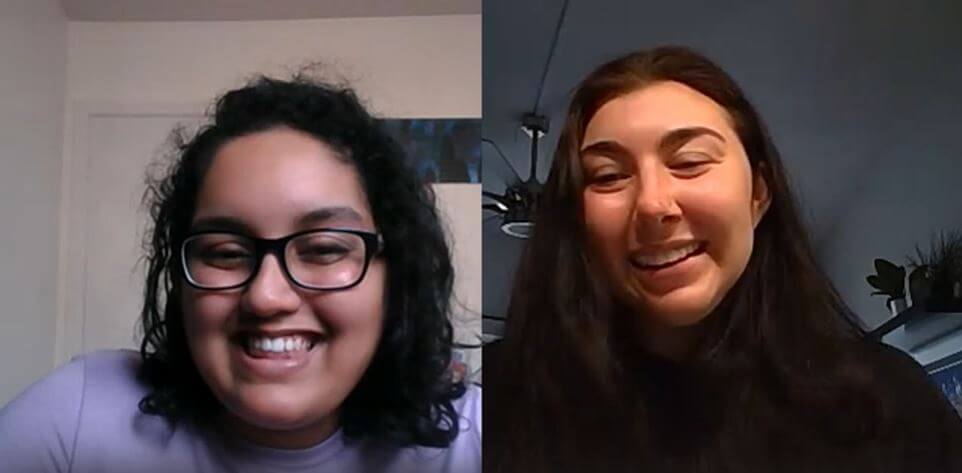
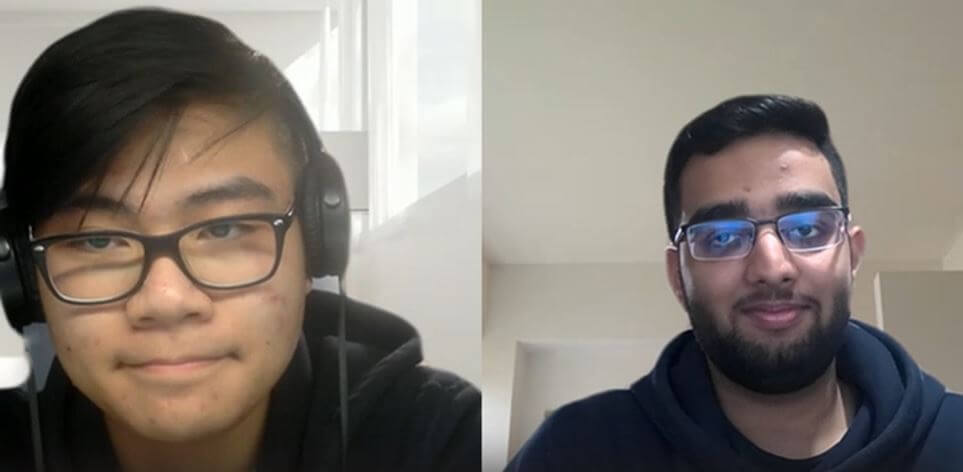

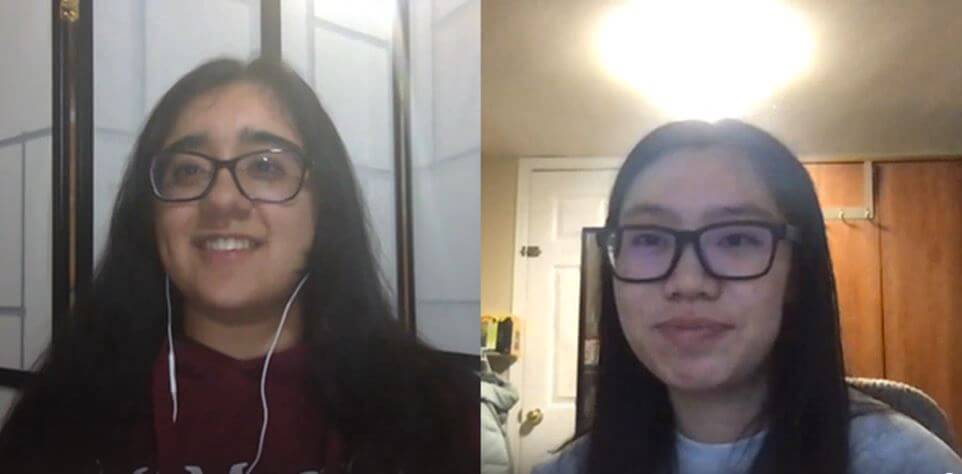
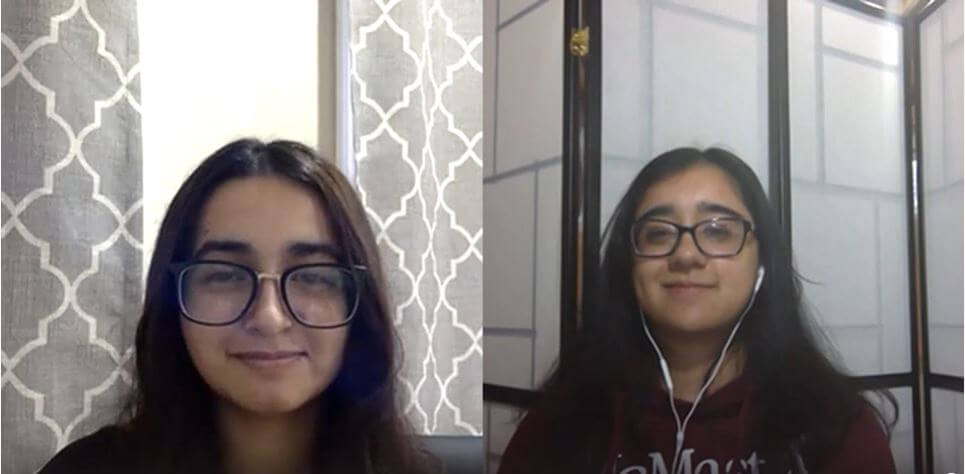
Check out the Career-Ready Conversations tag to access all the interviews. And here are some ways to get thinking about career readiness and start developing your skills.
- Career-Ready Skills (PDF tip sheet)
- Experience building (programs, services and more)
- Global opportunities (intercultural programs)
- Big Interview (mock interview tool)
- McMaster Students Union (more than 300 clubs and services)
- Lyons New Media Centre (technology services and digital resources)
- LinkedIn Learning (skills development courses)